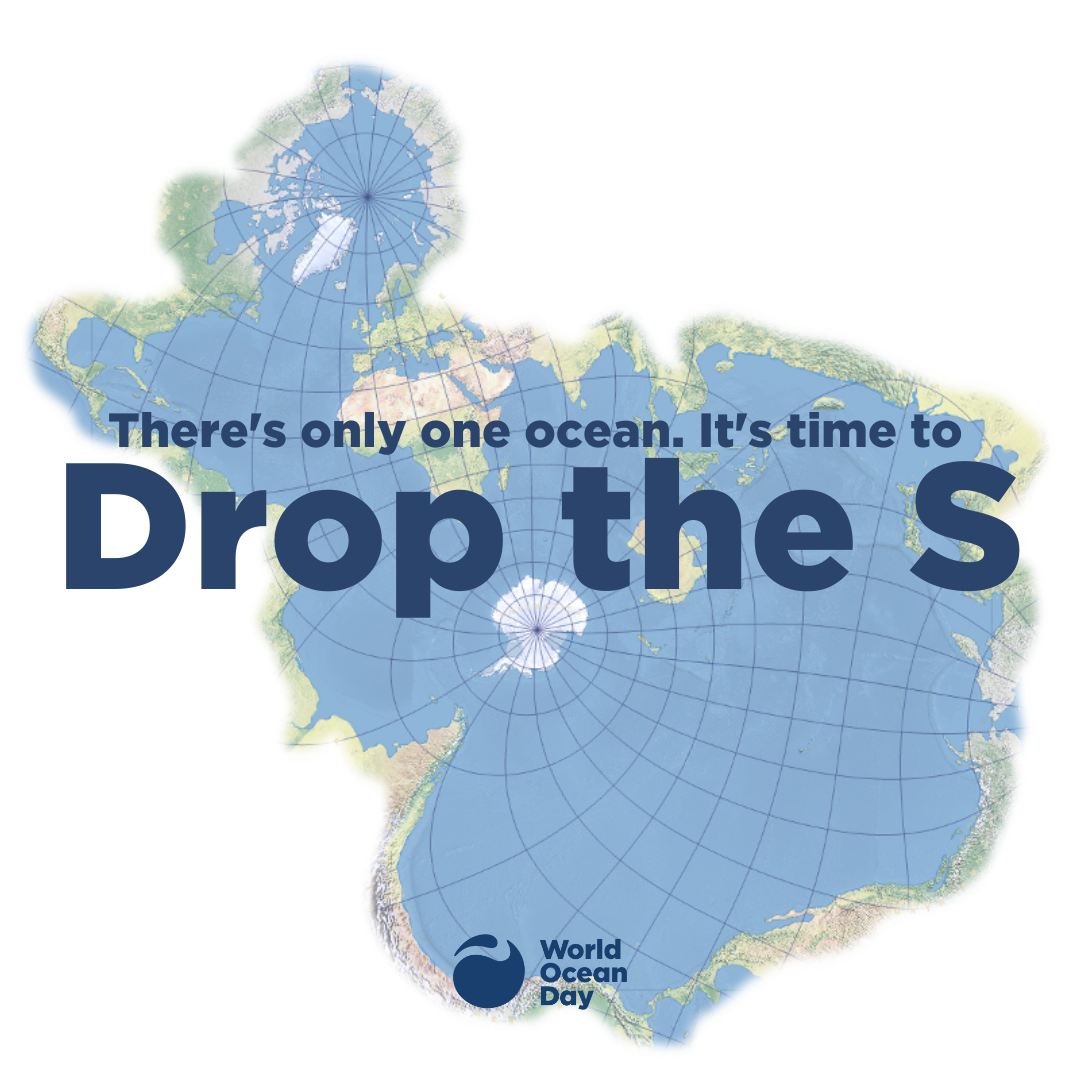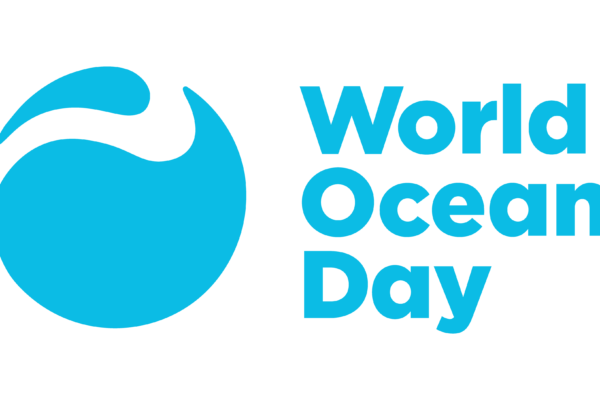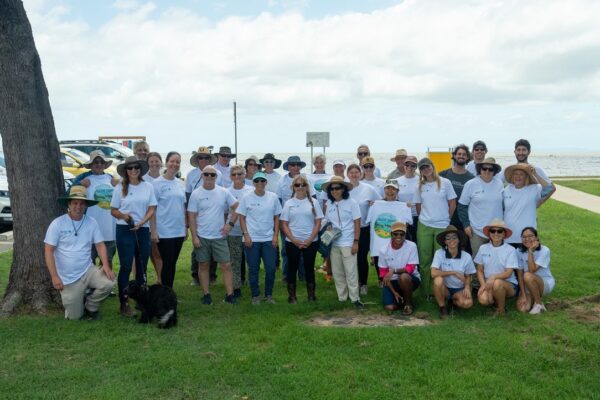A few years ago, we officially dropped the “s” from World Ocean(s) Day to strongly emphasize our connectedness on this blue planet that we all have to each other and our planet.
With this small yet significant change, World Ocean Day returned to its roots from more than 20 years ago, when we partnered with others around the world to start coordinating World Ocean Day. At that time, there was no global coordination, no central website, no customizable resources to help organizations and individuals get involved, and no one promoting World Ocean Day across all sectors as an opportunity to create a ‘rising tide that lifts all conservation boats’ to protect and restore the ocean and create a stable climate.
A bit of history
Working closely with key partners, from 2003-2008 and engaging the fast-growing World Ocean Day network, we collectively petitioned the United Nations to officially recognize 8 June as World Ocean Day. Tens of thousands of people from dozens of countries signed an online petition and many thousands more signed physical petitions at hundreds of World Ocean Day events, urging the United Nations (U.N.) to recognize this special day in June each year. In December 2008, the U.N. General Assembly passed a resolution officially recognizing the day, but also for reasons we actually don’t know, they added an ‘s’ resulting in “World Oceans Day” being celebrated on 8 June. So, in solidarity with the U.N., we added the ‘s’ and used “World Oceans Day” for many years. Until a few years ago when we joined with the growing global ocean literacy movement to go back to “World Ocean Day.”
Together, over these past 20 years, we have been raising the profile of the ocean and its importance to everyone, no matter where we live, to survive and thrive AND to take action, collectively, to ensure a better future with a healthy blue planet. As a result of the involvement of thousands of organizations and millions of people, June has essentially become “ocean month” (especially so in the northern hemisphere; that’s a slightly different issue, the northern hemispheric bias, but we’ve been working on it!) and the people and organizations involved in the World Ocean Day network continue engagement and action throughout all 365 days of the year in 150+ countries.
What difference does an ‘s’ make?
Notably, by dropping the “s” we re-aligned with the growing global ocean literacy movement, including scientists, educators, and youth worldwide. After all, it’s always been about our one ocean (and one climate) that connects us all.
Ocean literacy principle #1 is “the Earth has one big ocean with many features.” Though humans have named five oceans—Atlantic, Pacific, Indian, Southern and Arctic—there is really just one world ocean.
For some great resources on ocean literacy, please see NMEA’s overview page with translations available of the essential principles and concepts; UNESCO/IOC’s page and their Ocean Literacy for All: A Toolkit.
As always, everything on this website is free for you to help advance action for our blue planet and create a more just, equitable and sustainable society. Thank you for your involvement in creating a better future!




